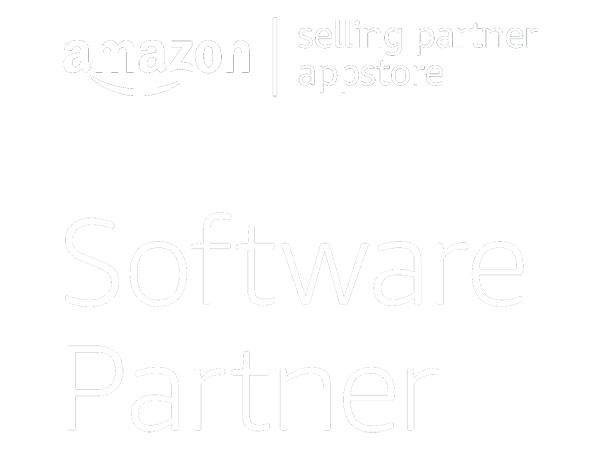Small business banking should be simple, right? Credit cards, checking accounts, loans for business opportunities and startup costs… if only it was that straightforward.
The reality is, small business owners have so many options for banking and financing. And with millions of new businesses launching every year, they have a wide variety of banking needs. Their business models are different—as are their financing needs, spending habits, and income patterns. The traditional options have underserved small businesses. Their diversity of needs combined with a lack of documented financial history and credit can cause real issues in financing. Today, there are more options available, but that also means more complexity and research required for small businesses to find the right partners.
So how are they navigating the banking landscape today? Are small business owners finding the partners they need? And what are their priorities when it comes to banking and financing? We surveyed 500 small business owners to find out.
Spoiler alert: a significant percentage are unhappy.
National banks are still popular; online banks gaining ground
36% of respondents choose a lender because “it’s a well-known company.” Given the emphasis on familiarity and brand recognition, it’s no wonder over half (52%) partner with national banks in some capacity, which includes banking and financing. After all, national banks offer the largest geographical presence and stay top-of-mind through large marketing budgets and consumer banking relationships.
Online banking is gaining momentum though, with 23% of small business owners working with online-only partners for banking and lending—the second-most popular partner. Local banks (16%), regional banks (16%), and credit unions (14%) round out the top 5 choices for small business owners.
Low satisfaction rate with small business lenders
Whether a small business is starting up, operating, growing, or navigating outside economic conditions, they’re almost all going to need credit or financing at some point.
How do small business owners choose a lending partner?
54% choose their partners primarily because they already have a banking relationship, followed by company recognition (36%).
And how often does that choice produce the intended results?
According to our survey, their experience with credit providers leaves much to be desired. Only 55% of respondents said they would recommend their lending partner to a peer.
That’s a shockingly low approval rating for a business critical relationship. Only a little over half of small business owners would recommend the partner that funds their business operations. That level of customer satisfaction is hardly tolerated in any other context.
This begs the question, how can small business owners find better partners?
Small business banking priorities
We asked small business owners what they want in a banking relationship—which experiences provide the most value, offers they’re looking for, and how they prefer to interact with a banking partner.
Two-thirds of respondents (67%) prefer to work with lenders online, which includes self-service, chat, and guided assistance. With that in mind, it should be no surprise the online-only banks continue to gain ground.
The most popular offers for small businesses include zero-fee banking (73%) and cash back spending (58%).
As for the banking experience itself? We asked small business owners what they would prioritize in seeking a new bank, and the top three answers are as follows:
- Exceptional customer service
- A single platform or hub for all business finance
- Transparency in fees and how their finances apply to offerings
Of course, it’s no surprise to see both customer service and transparency on the list. The trendy response is number two: a consolidated technology hub for business finance.
As small business owners rely on a number of digital platforms for banking, accounting, invoicing, and lending, it is becoming increasingly difficult to work efficiently. According to our respondents, there is significant value in creating a single platform with real-time dashboards for cash, income, expenses, and predictive insights.
There are major changes underway in small business banking and financing. The market is beginning to adjust to long-standing impediments for entrepreneurs. What would you like to see from a banking partner?



